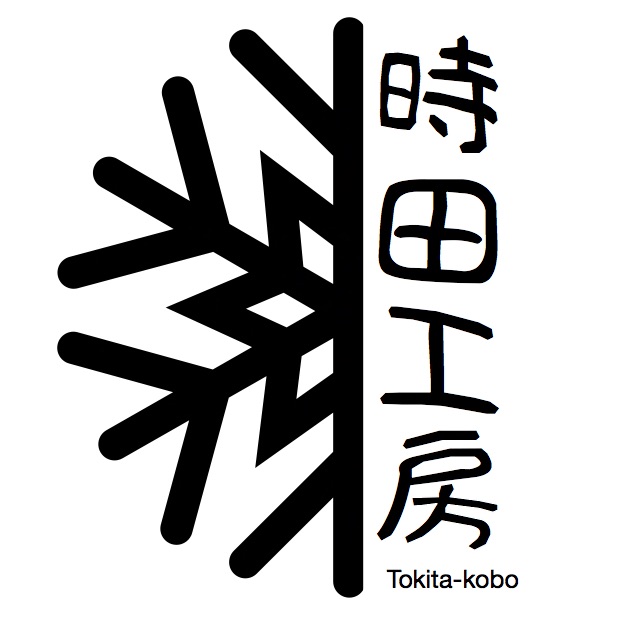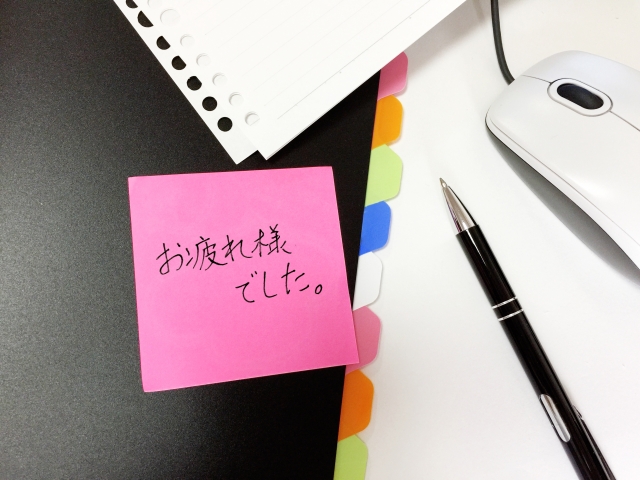If you’ve spent time around Japanese people or studied Japanese culture, you may have heard the phrase “Otsukaresama desu” (お疲れ様です) or its more casual form, “Otsukare” (おつかれ). It’s often said at the end of a workday, after a meeting, or even after a fun event. But what does it really mean?
The Meaning Behind “Otsukaresama”

“Otsukaresama” comes from the word tsukareru (疲れる), which means “to be tired.” However, this phrase doesn’t mean you’re actually tired — it’s a social expression of appreciation and acknowledgment. When someone says “Otsukaresama,” they’re essentially saying:
“Thank you for your hard work.”
“You must be tired after your efforts.”
“Good job!”
It’s a deeply respectful way to recognize the energy and effort someone has put into something, whether it’s finishing a project or just completing a typical day at the office.
When to Say It

- At the end of the workday to coworkers or your boss
- After a group task or meeting
- Post sports practices or performances
- Even after fun social events like hanging out with friends, instead of saying “Kampai!”
It’s a flexible phrase used both in formal and casual settings.
The Casual “Otsukare”
Among close friends or peers, you’ll often hear the shorter and more relaxed form: “Otsukare!”
It’s friendly, quick, and has a sense of camaraderie. For example:
- After karaoke night with friends: “Otsukare~!”
- Finishing a club activity: “Otsukare, minna!”
This version keeps the meaning but drops the formality.
The Origin of “Otsukaresama”

The phrase has roots in samurai culture. In feudal Japan, returning warriors would be acknowledged for their service and survival with phrases showing deep respect. Over time, this practice evolved into modern workplace etiquette, where recognizing effort became essential to maintaining harmony and group morale — a core part of Japanese culture.
Why It Matters
In Japan, maintaining group harmony (和, wa) is key, and recognizing each other’s contributions is part of that balance. “Otsukaresama” reinforces mutual respect and appreciation. It’s not just about being polite — it creates connection and builds community, whether in a company or a friend group.

